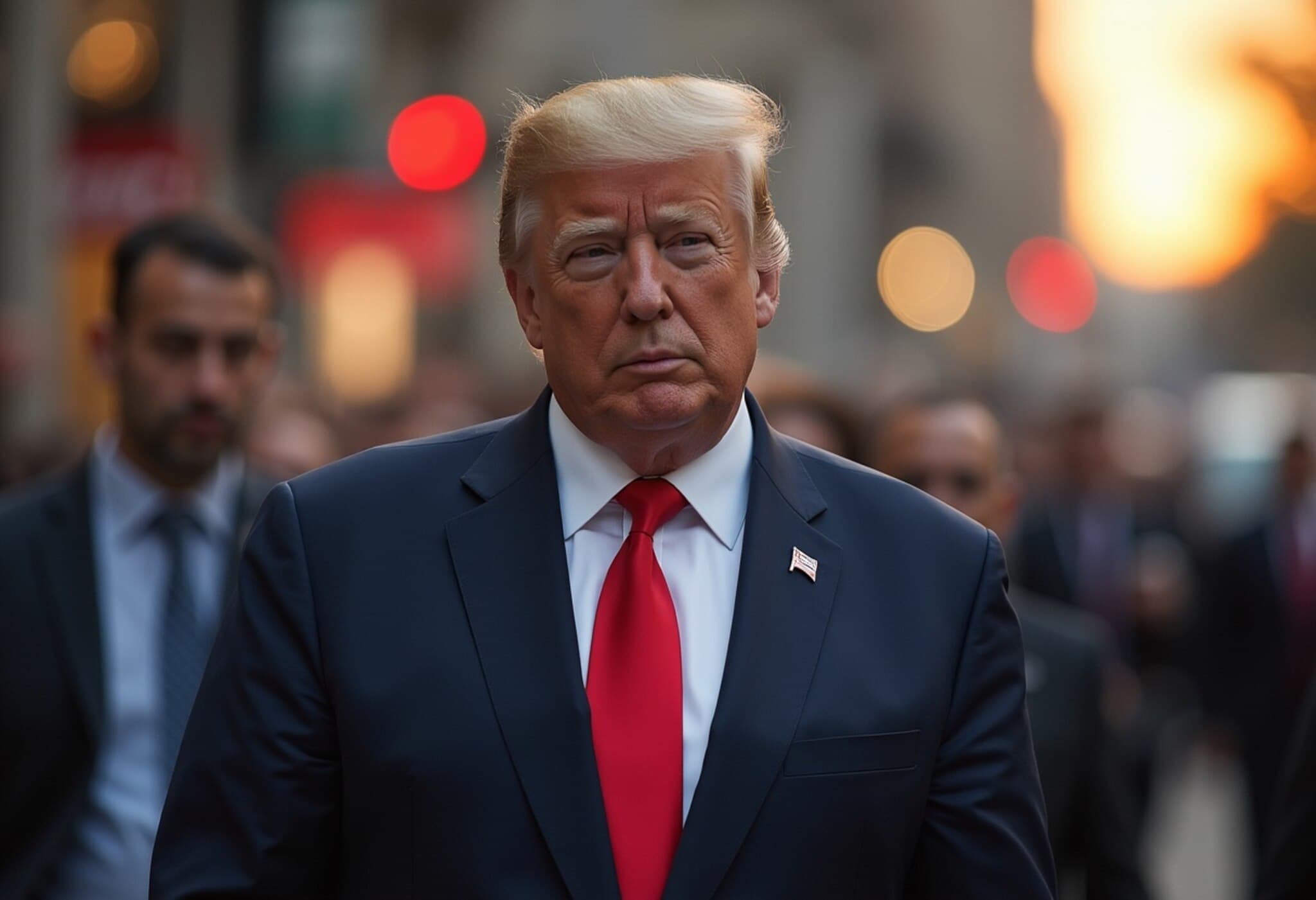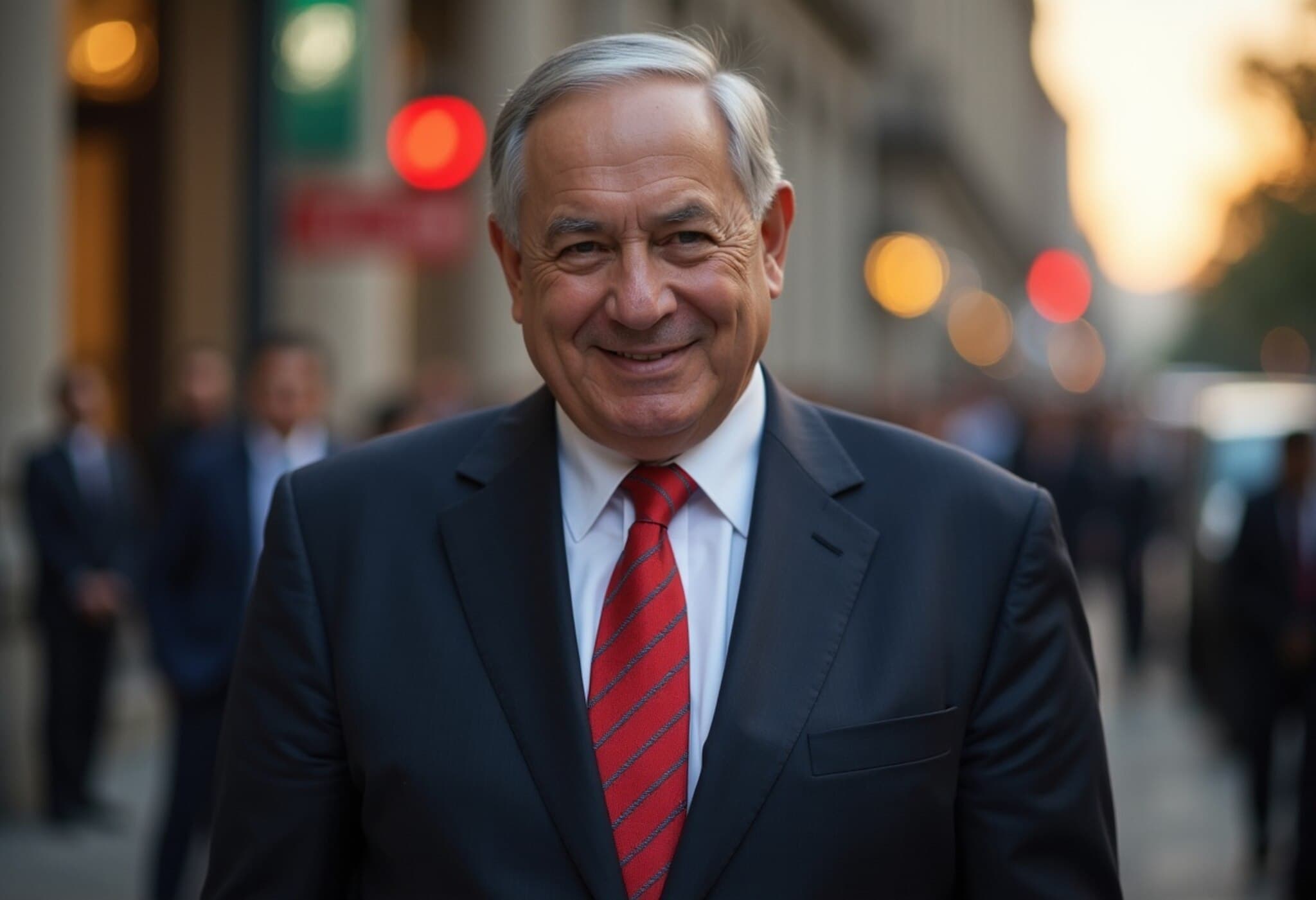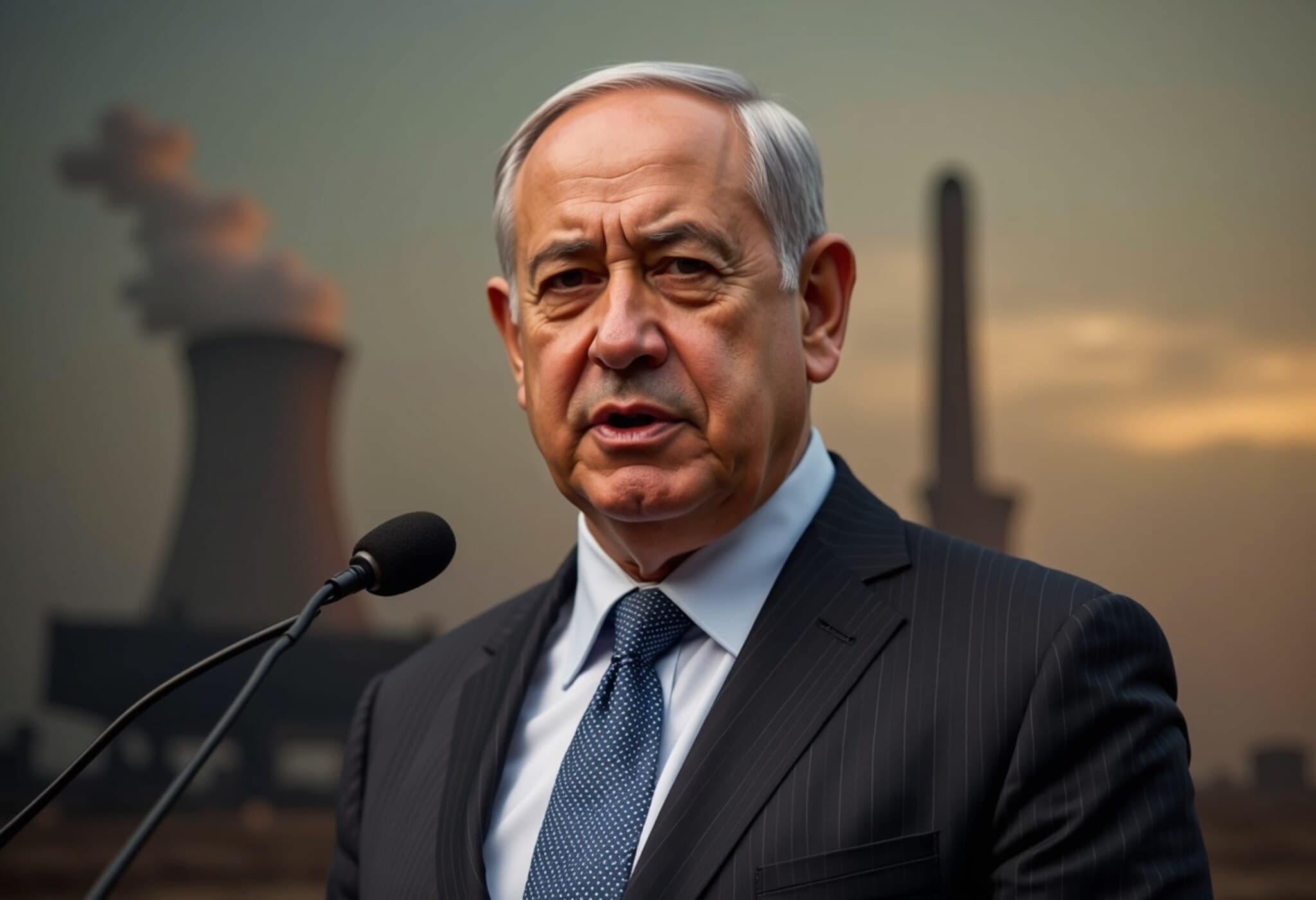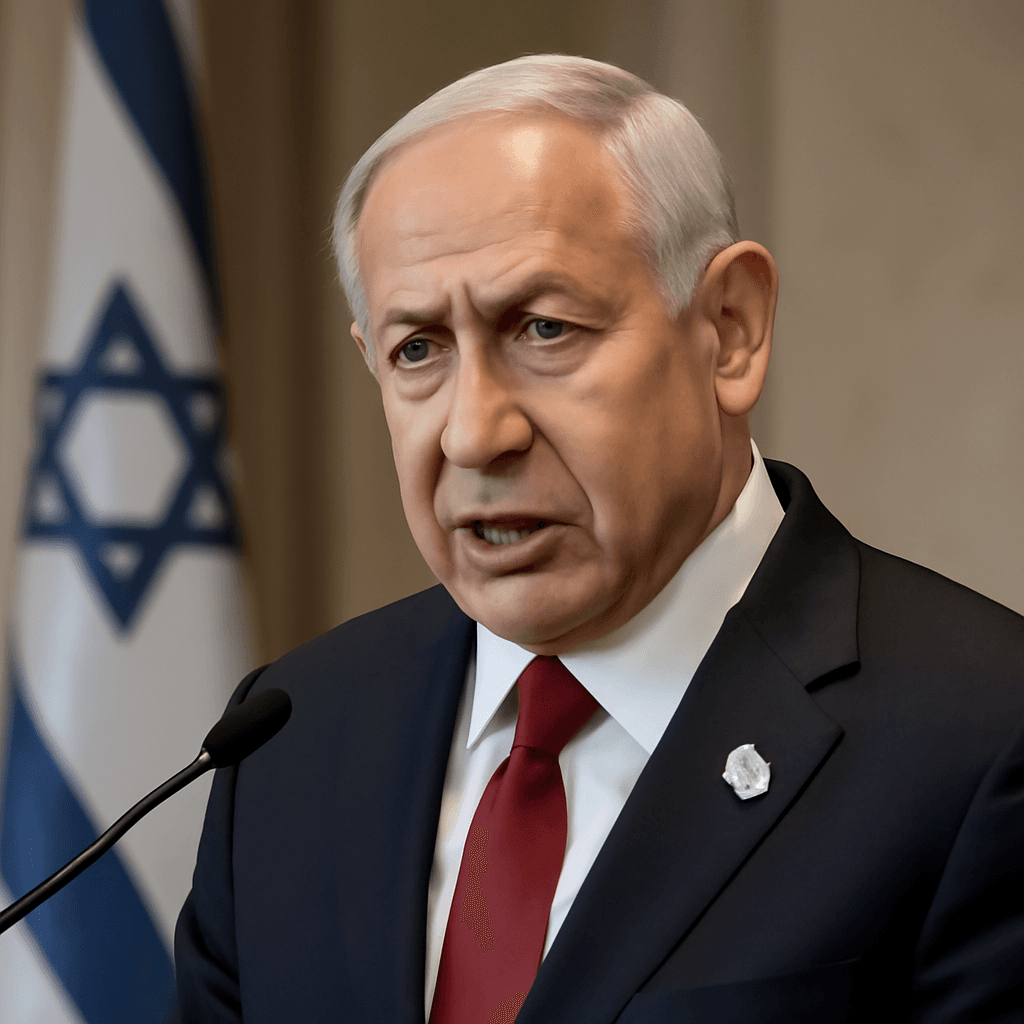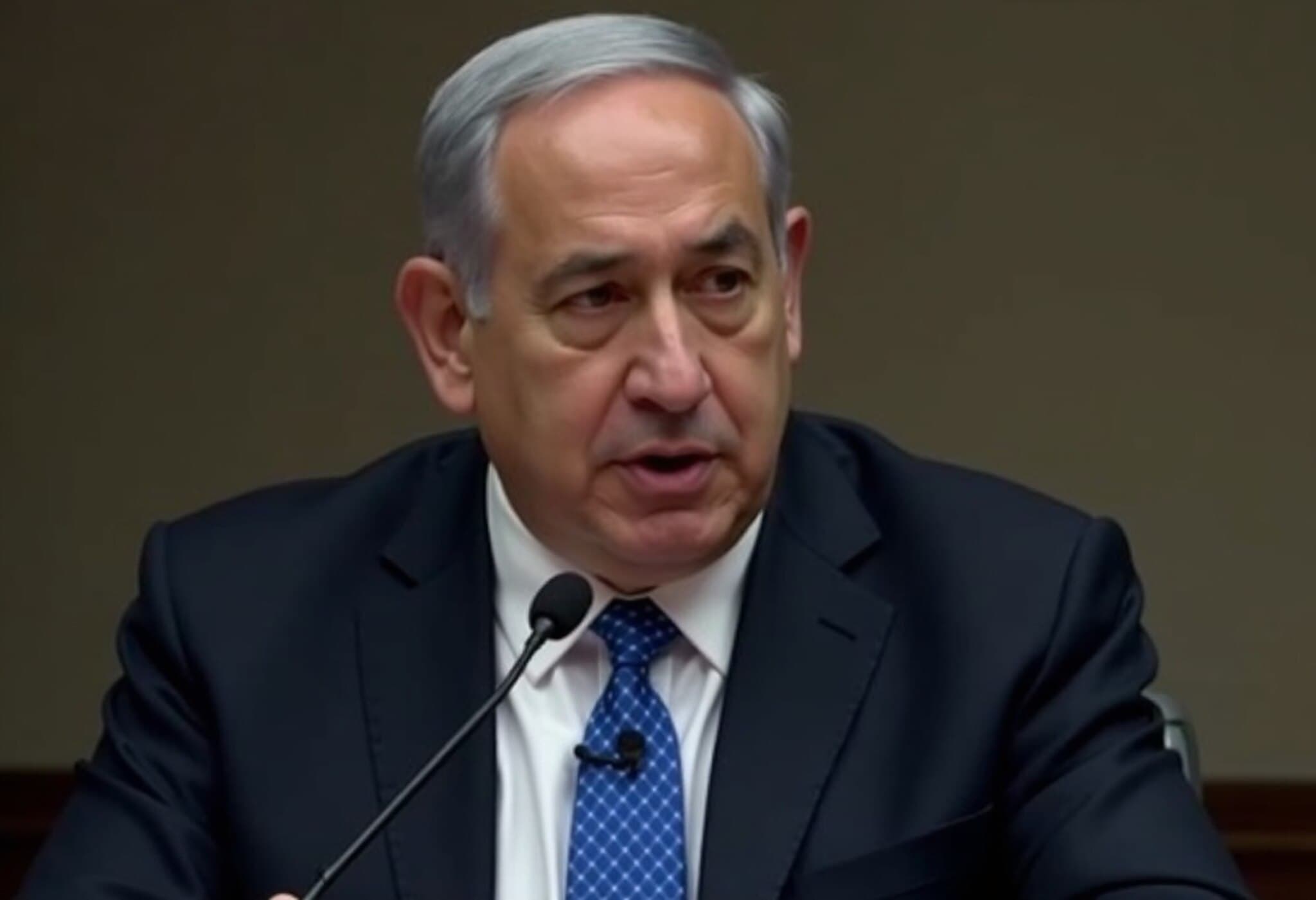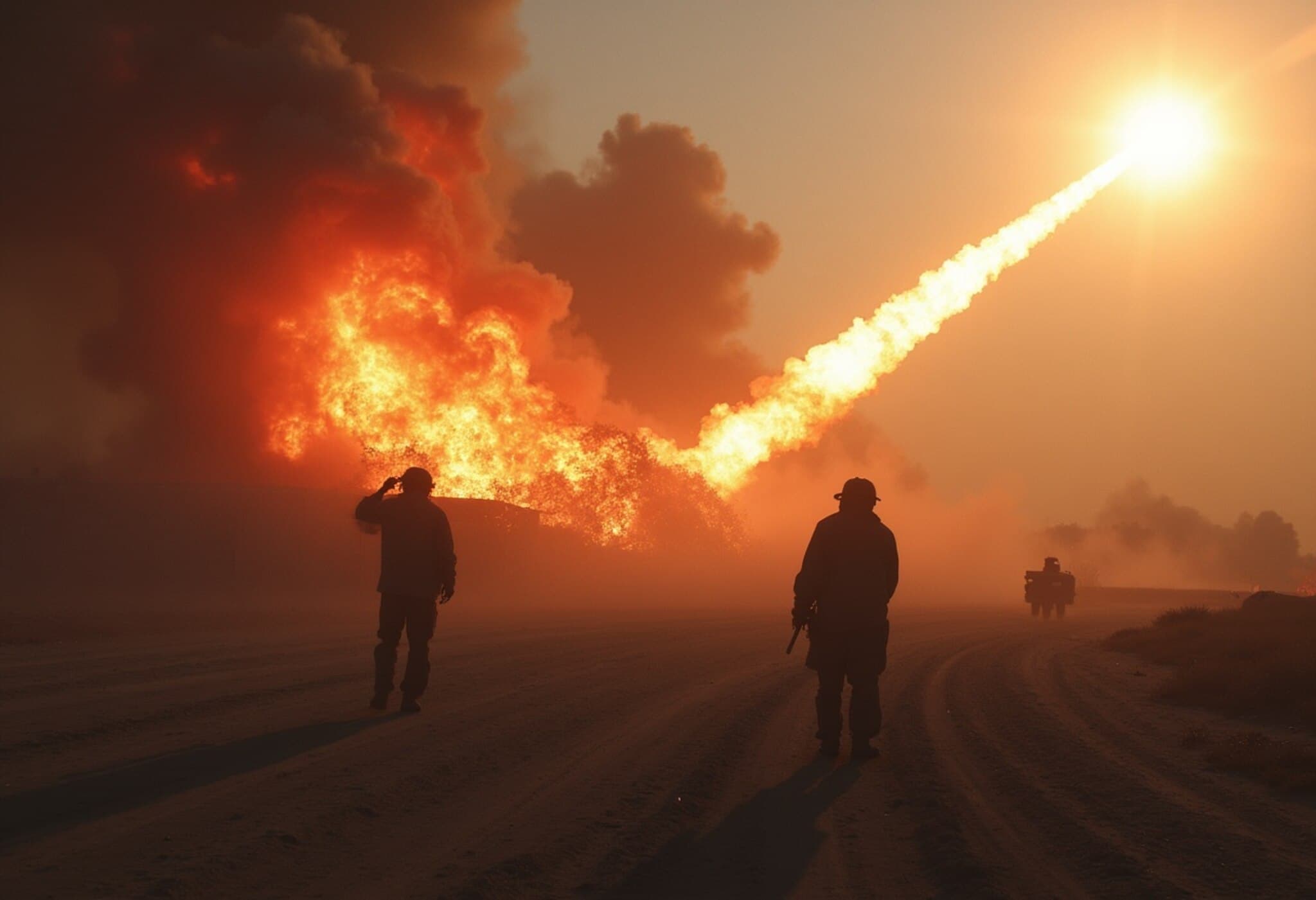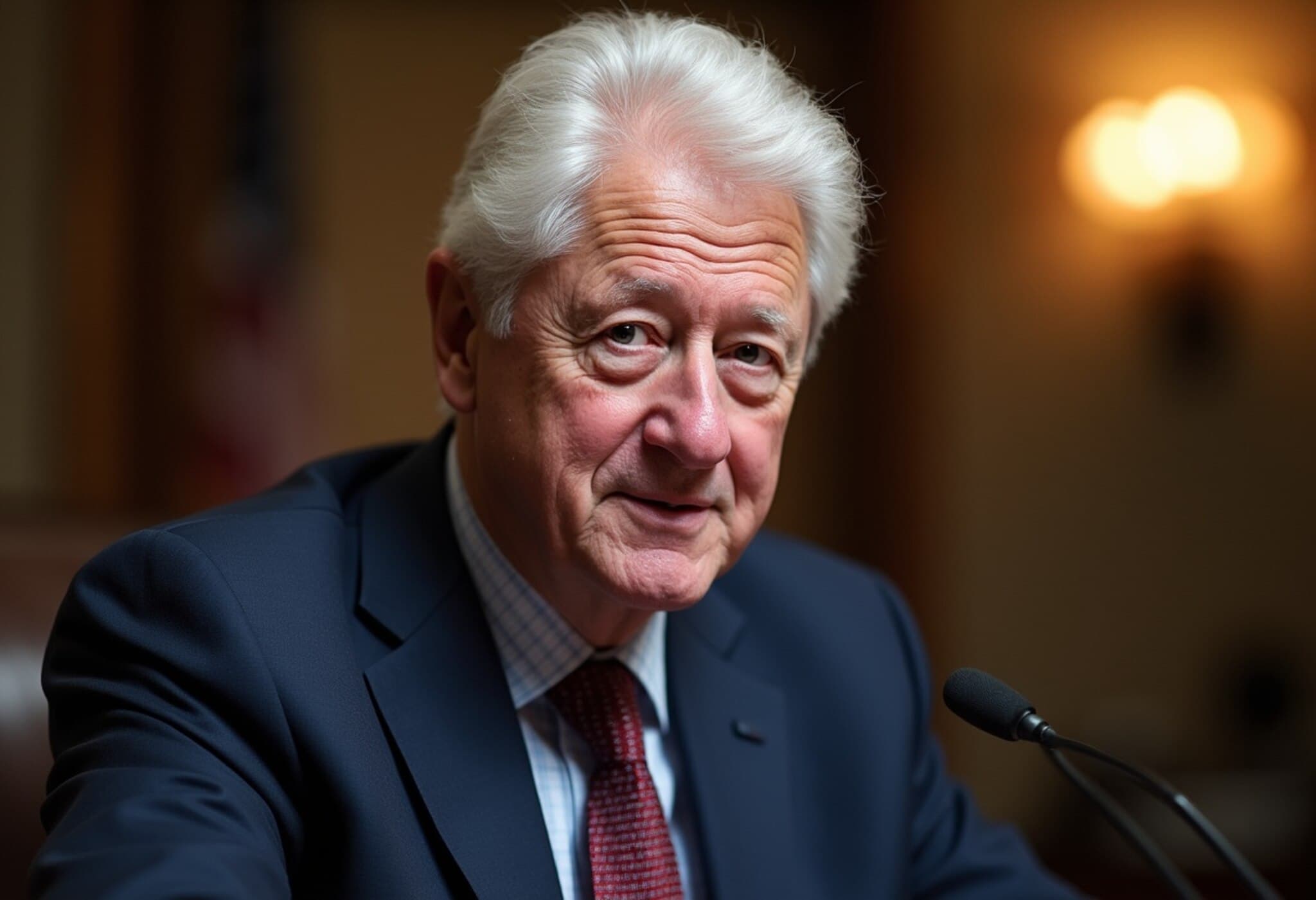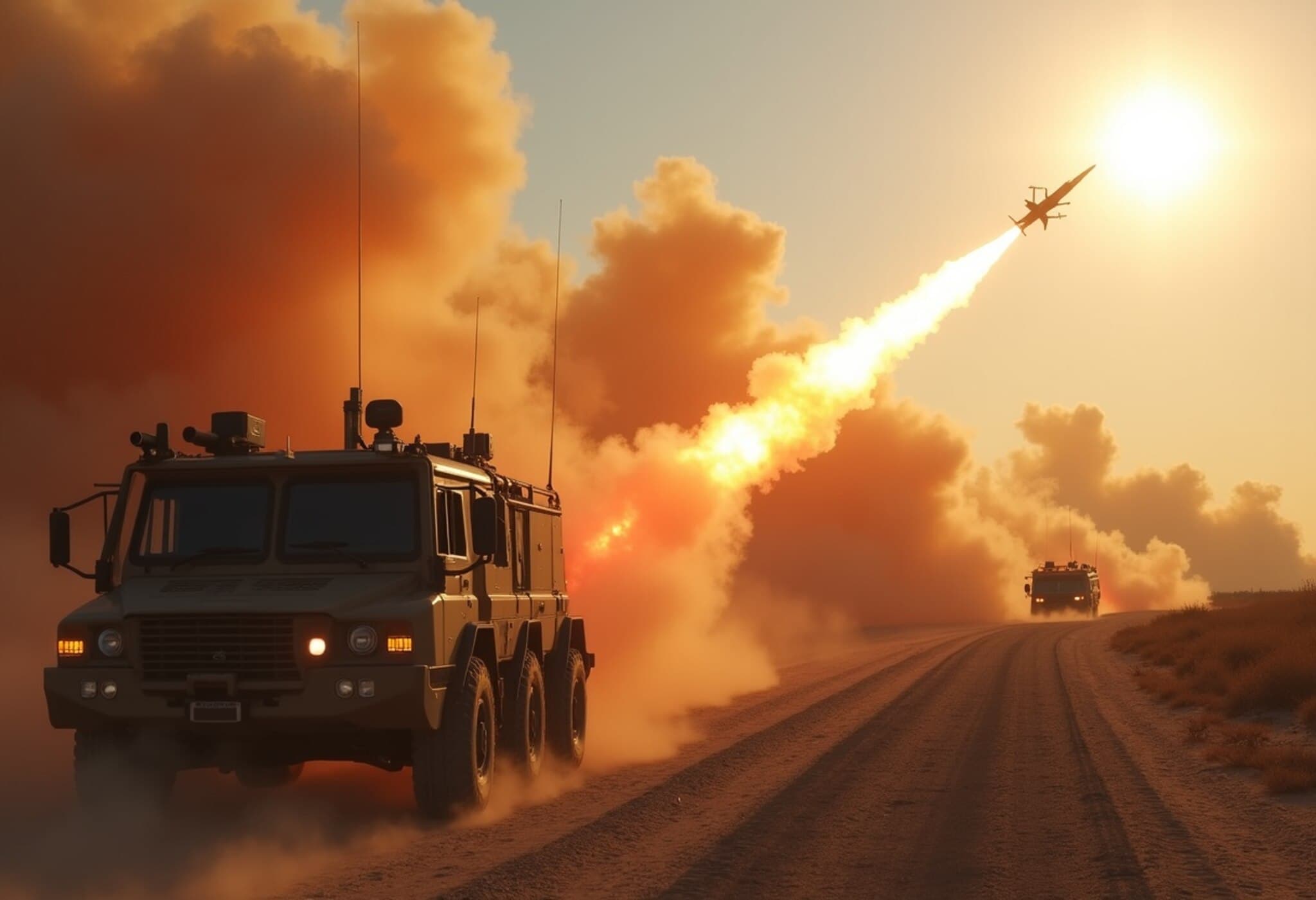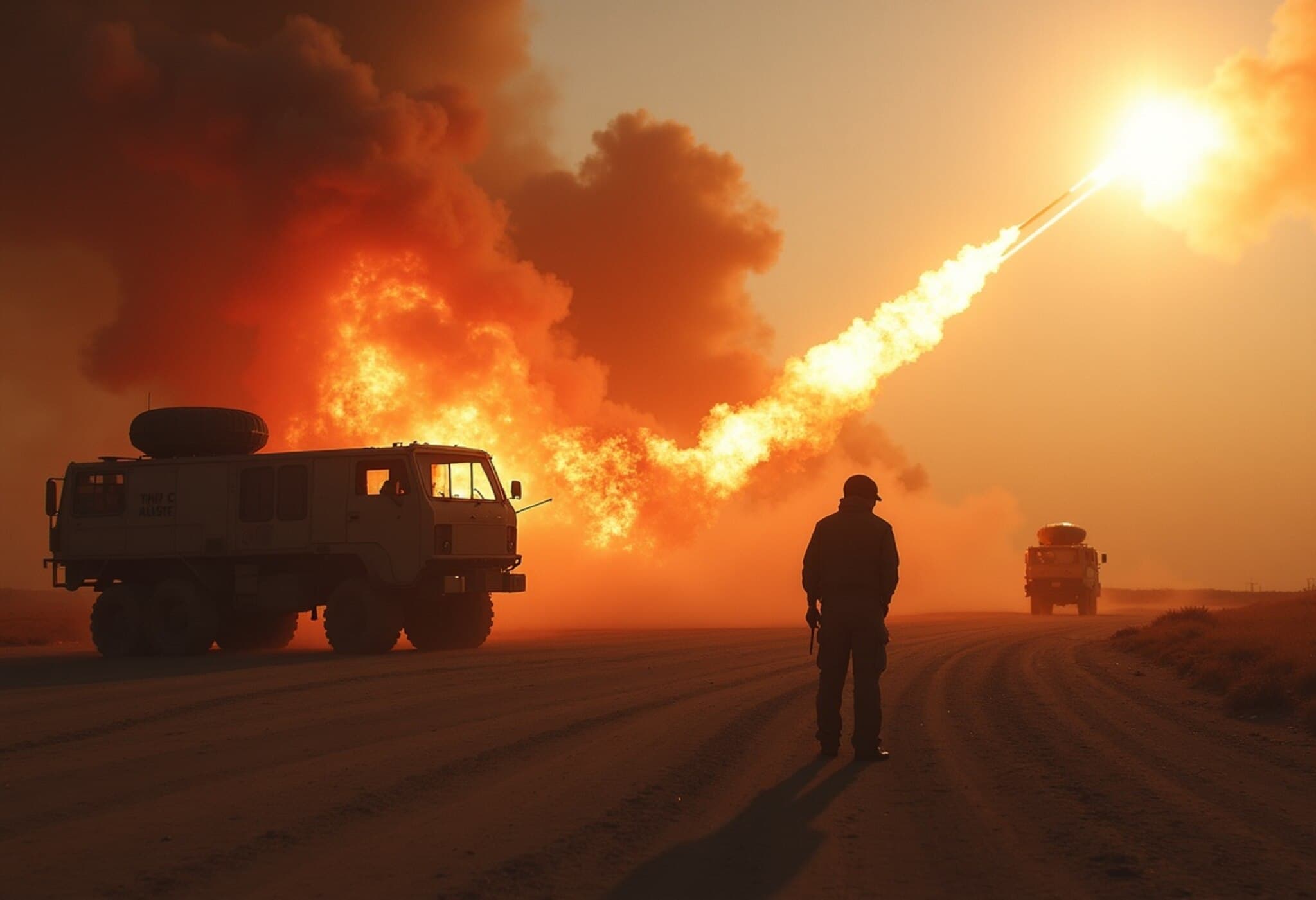Rising Tensions Between Trump Administration and Netanyahu Over Syria Strikes
As Israel intensifies its military actions in Syria, the Trump administration has reportedly grown increasingly uneasy with Prime Minister Benjamin Netanyahu’s aggressive approach. Recent Israeli airstrikes targeting the Syrian presidential palace and other strategic sites have raised alarms within the White House, which fears these moves may destabilize the region further and undermine ongoing diplomatic efforts.
White House Officials Voice Frustration Over Netanyahu’s Tactics
According to insiders speaking with Axios, senior figures in the Trump administration have characterized Netanyahu’s behavior as impulsive and counterproductive. One official bluntly described Netanyahu, often called “Bibi,” as “acting like a madman,” noting that his persistent bombings risk upsetting delicate regional balances and complicating U.S. strategies.
Another official likened Netanyahu’s conduct to that of “a child who just won’t behave,” reflecting a growing skepticism and frustration within the Trump team over the Israeli leader’s approach to conflict in the Middle East.
Diplomatic Strains Surface Amid Repeated U.S.–Israel Engagements
These tensions come despite Netanyahu’s recent flurry of diplomatic activity, which included three visits to the United States in just a few weeks and several meetings with President Trump, even a White House dinner. Yet, in spite of these high-level contacts, no meaningful progress has been made toward ending the ongoing conflicts, notably the war in Gaza.
Further adding to the strain was an Israeli airstrike on the Holy Family Catholic Church compound in Gaza, the only Catholic church in the region. This incident prompted President Trump to make a direct phone call to Netanyahu demanding an explanation, underscoring the increasing urgency and seriousness with which Washington is viewing Israeli military operations.
U.S. Steps In to Prevent Escalation
Following the heightened Israeli strikes in Syria, the United States quickly intervened to de-escalate tensions. The U.S. Ambassador to Turkey announced a ceasefire agreement among the involved parties, successfully pausing immediate hostilities.
Nevertheless, senior administration officials remain wary of Netanyahu’s broader regional policies, fearing that his hardline stance might provoke further instability in an already volatile Middle East landscape.
Broader Implications for U.S.-Israel Relations and Regional Stability
This evolving dynamic highlights a complex challenge facing U.S. foreign policy: balancing support for Israel’s security interests with maintaining regional stability and pursuing diplomatic solutions. Netanyahu’s aggressive posture, while popular among his domestic constituency, risks complicating the Trump administration’s goals in the Middle East, including peace negotiations and counterterrorism efforts.
Experts emphasize the importance of nuanced diplomacy. As Joel Rubin, a former U.S. Deputy Assistant Secretary of State for Israeli-Palestinian Affairs, notes, “Military actions like these must be weighed carefully to avoid unintended consequences that could derail progress in peace talks and heighten hostility.”
Questions Unanswered and Paths Forward
- How will the Trump administration recalibrate its approach toward Netanyahu’s leadership style and policy decisions?
- Can diplomatic engagement overcome the volatility introduced by aggressive military actions in Syria and Gaza?
- What role should the international community play in mediating to prevent further escalation?
As the situation develops, close attention to the delicate interplay between U.S. strategic interests and Israeli policies will be critical for forecasting the future trajectory of peace and stability in the Middle East.
Editor’s Note
Netanyahu’s bold actions in Syria signify more than just military maneuvers; they illuminate deeper tensions in the U.S.–Israel alliance during a time of regional flux. The Trump administration’s candid internal criticism reflects a broader struggle to balance alliance solidarity with pragmatic diplomacy. For readers, this story raises important questions about leadership, alliance dynamics, and the pursuit of peace in one of the world’s most complex geopolitics arenas. Keeping a watchful eye on these developments is essential for understanding the shifting contours of Middle Eastern security.

